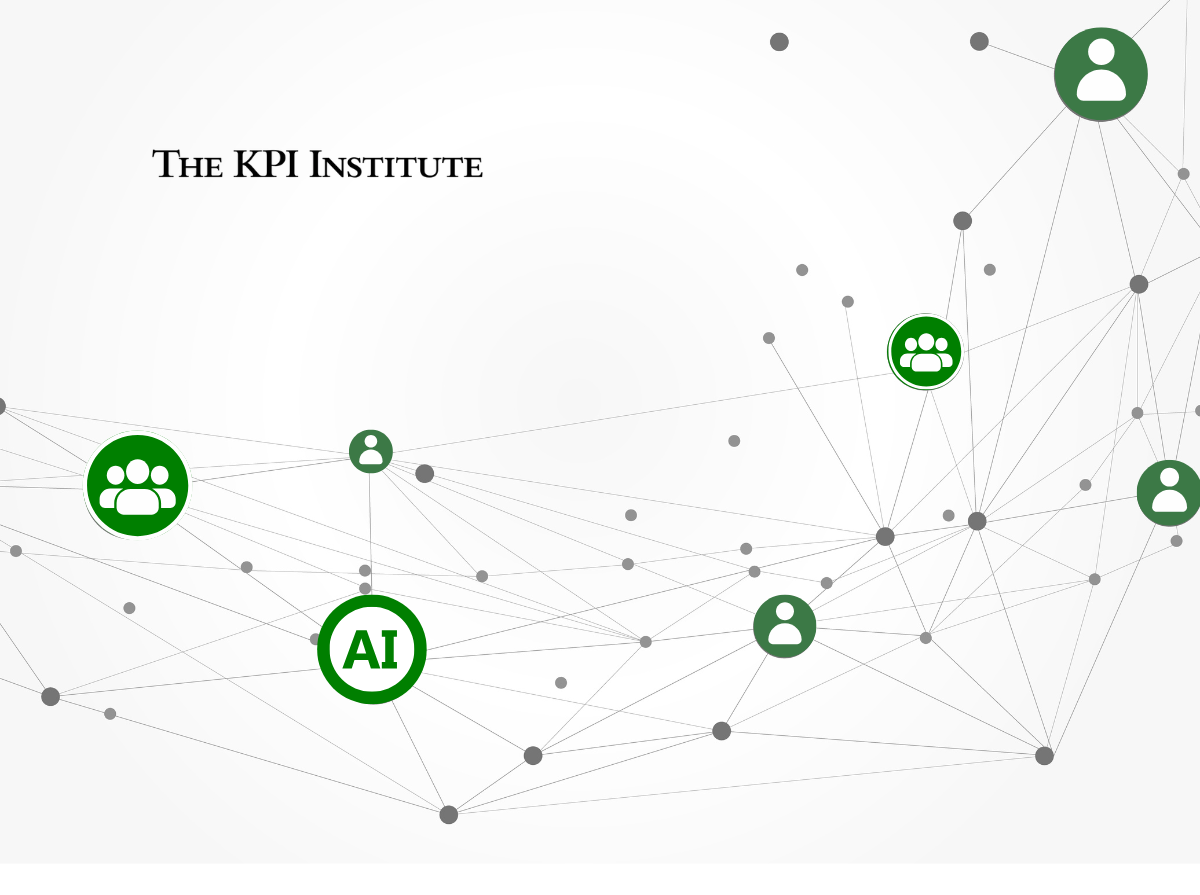Business Analytics Trends: Is the Future of Data Here?

Editor’s Note: “Business Analytics Trends: Is the Future of Data Here?” is an article written by Islam Salahuddin and originally published in the latest edition of Performance Magazine.
Machines don’t have a worldview, according to the famous translator Richard Pevear. That’s no longer the case today, especially with data analytics. Businesses turn to data analytics to survive and adapt to disruptions. At the same time, data analytics is evolving to meet the new challenges. Here’s a glimpse of how the already noticeable trends in the pre-pandemic world have accelerated and transformed data analytics in different ways.
External Data: Predicting the Demand for Hershey’s Bars
External data is data collected and provided by third parties. Companies now need to incorporate data from the outside world to weigh external factors in their analytics. Examples of external data are trending narratives, real-time financial trends, and property values.
In a July 2021 article, FoodDive showed how the chocolate company Hershey used data generated by IRI, a global market insights and analytics provider, to predict the demand for Hershey’s six-bar product. Since Hersey knows the number of people who plan to make s’mores in their backyards, want to spend time with family and friends, and invest in their homes during the pandemic, the manufacturer is able to adjust their inventory and production, create a relevant marketing message, and even respond to the demand for other parts of their portfolio.
Data Monetization: Where the Opportunities Are
External data can be either free or paid. While it is true that most of the datasets of the COVID-19 are available for no charge, the escalating attention to external sources could draw more attention to the paid options. According to ResearchandMarket.com’s “Global Data Monetization Platform Markets Report 2021,” data bartering, data brokering, insights bartering, and business intelligence are the four channels that shape the business processes and data evolution across the value chain.
The report states that telecommunication giants could become value-added solutions providers and offer advertising solutions through monetizing consumer data. Digital platforms and services will dominate the data monetization space while insights-as-a-service is considered “the data monetization model of the future.” Other opportunities for tech vendors and enterprises are in data security and privacy, location data, and digital data monetization platforms.
AI-empowered Analytics and Beyond
The artificial intelligence (AI)-empowered analysis of unstructured datasets is known as cognitive analytics. It depends on real-time generated data of images, videos, text, and other forms created through social media networks and the Internet of Things (IoT) technologies. It is useful in running sentiment analysis on social media interactions as it allows for better understanding of customers’ emotions and ideas and thus enables a better customer service experience.
For IoT, small-size motion sensors can now be embedded in wearable products to understand customers’ activities and needs, giving valuable insights and opening horizons for new levels of customized products.
Agile Analytics: Catch Up if You Can
However diverse your analytics methods are, they will be of no use if you do not incorporate them into operations and act on them quickly, especially during disasters. Research published in the Open Journal of Business and Management states that being agile in the analytics process involves consciousness, accessibility, decisiveness, speed, and flexibility.
In a webinar, Hugh Owen, executive vice president and chief marketing officer at the MicroStrategy, a business intelligence (BI) firm, emphasized that agile data-driven decision-making requires an organizational strategy, deploying an analytics platform in the cloud for speed, power, and security, and using self-service BI analytics to empower end users and help them save more time.
Shifting to Cloud-based Analytics
Work from home policies have stressed the benefit of cloud analytics. Cloud storage of data means that instead of keeping data files on hardware held in the brick-and-mortar premises, data files are uploaded, kept, and governed in advanced servers operated by third-party companies, through which the data is accessed and processed.
The benefits of cloud-based analytics include reduced costs of devices required for storing and securing data, accessibility from any device, and enhanced processing speed, depending on servers’ capabilities rather than local devices.
Scaling Up with Data Lakes
Conversations about the rise of data lakes have been around even before the pandemic. As the volume, velocity, variety, and value of data increase and constitute big data, the need for a new form of data storage arises. A data lake is different from simple tabulated data sets like spreadsheets, arranged in defined groups called data warehouses and sometimes categorized for specific uses called data marts. A data lake is like a swamp that is able to contain raw data in structured and unstructured forms and is generated in real-time.
The importance of such capability has been emphasized by the pandemic world as more real-time data is generated, allowing for more advanced AI-driven analytics. Adopting both a data lake in addition to a data warehouse will therefore be more relevant to businesses in the post-pandemic future.
Data is essential for businesses. It helps business leaders better understand their clients, predict consumer behavior patterns, identify trends, improve the quality of services provided, and support “organizational decision-making and strategy”, according to Forbes.
To strengthen your knowledge in developing organizational strategy and business planning using a strategic framework, join The KPI Insititute’s Certified Strategy and Business Planning Professional Live Online course on 13-17 June 2022. Visit our website for further information and sign up here.







